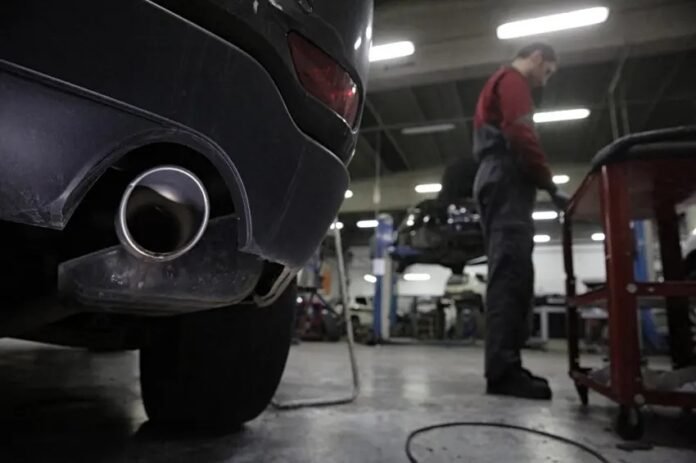
In a bold move to combat air pollution and enhance road safety, the French government has extended its ‘surtaxe’ to include vehicles weighing 1.6 tonnes or more, impacting the majority of medium and large SUVs dominating the market.
As of January 1, 2024, France, already known for its stringent environmental policies, has broadened the scope of the ‘surtaxe,’ previously applicable to vehicles exceeding 1.8 tonnes.
The tax now applies to those weighing over 1.6 tonnes, with rates set at €10 per kilogram for vehicles up to 2.1 tonnes and a steeper €30 per kilogram for those exceeding 2.1 tonnes.
For consumers eyeing a medium-sized SUV, this could translate to an additional cost of around €16,000.
However, exemptions have been made for specific categories, such as wheelchair-accessible vehicles and those registered by disabled drivers. Additionally, electric and hydrogen vehicles remain untouched by this tax.
The objective is clear: discourage the purchase of heavier SUVs that contribute more to pollution and pose a higher risk to pedestrians and cyclists in the event of a collision.
In response to the surge in SUV popularity over the past year, French cities have independently taken measures to curb their presence.
Lyon, for instance, has introduced heightened parking charges for heavy vehicles, while Paris is gearing up for a referendum next month to consider similar restrictions.
Grenoble will implement increased parking fees for heavier vehicles starting March 1, emphasizing the nationwide effort to reshape the automotive landscape.
Furthermore, the government has not stopped at the ‘surtaxe’ extension; it has also intensified its focus on high-polluting vehicles.
A new levy targets vehicles emitting more than 118 grams of CO2 per kilometre, imposing a €50 tax. The threshold was revised from 123g CO2/km, underscoring the government’s commitment to stricter emission standards.
Vehicles emitting 141g/km will face a €1,000 tax, while those surpassing 193g/km will incur a substantial €60,000 fee.
This multifaceted approach aligns with France’s commitment to combat climate change and enhance urban livability.
The government’s emphasis on dissuading SUV purchases reflects a growing global awareness of the environmental impact of larger vehicles.
With these measures, France aims to steer consumers toward cleaner, more sustainable transportation options.
Environmentalists have applauded these initiatives, seeing them as crucial steps in reducing the carbon footprint of the nation’s transportation sector.
Critics, however, argue that such policies disproportionately affect consumers and may hinder economic recovery.
The debate over balancing environmental responsibility with economic considerations will likely intensify in the coming months.
As France takes bold strides in reshaping its automotive landscape, other nations keen on environmental conservation are likely to closely monitor the impact of these measures closely, potentially inspiring similar initiatives worldwide.
The automotive industry’s evolution towards sustainability has found a new advocate in the French government’s latest endeavours.
This article was created using automation technology and was thoroughly edited and fact-checked by one of our editorial staff members